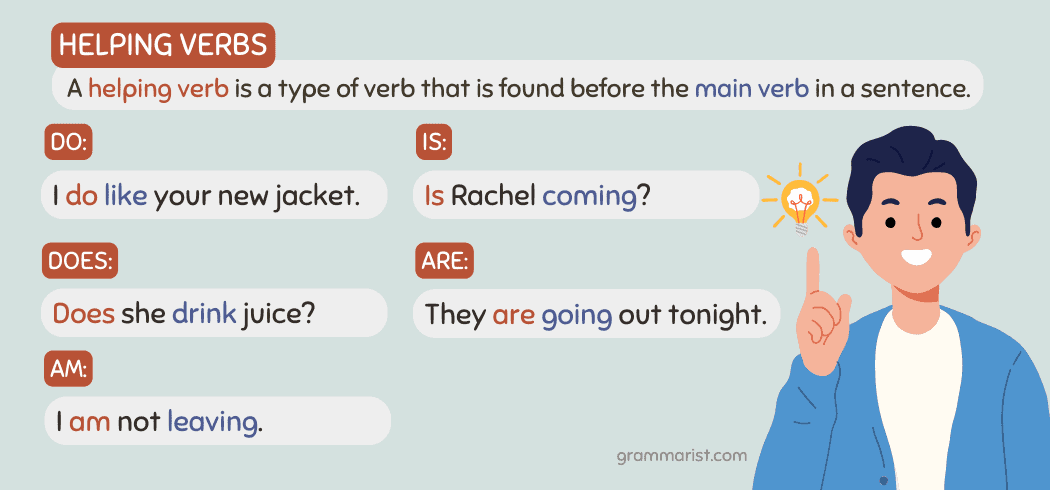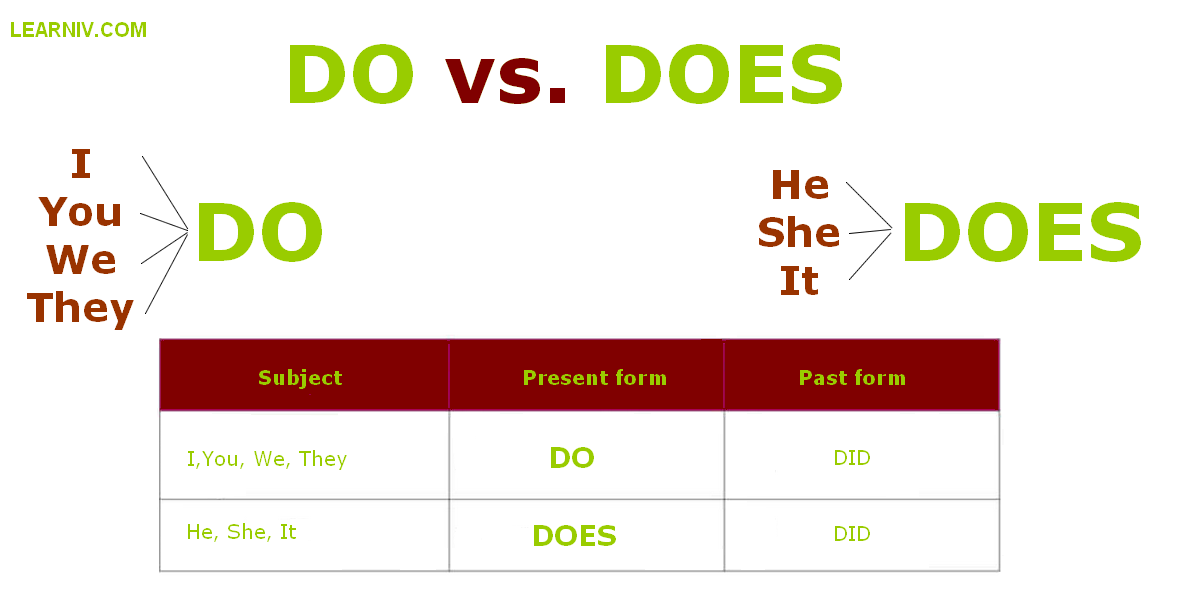How Literature Shapes and Reflects Our Values: Building Meaningful Connections
Introduction: Literature as a Mirror and Molder of Values
Literature has always played a critical role in shaping, questioning, and reflecting the values of individuals and societies. Whether through classic novels, modern essays, or poetry, the stories we read offer frameworks for understanding what matters most-both to ourselves and to those around us. This article explores how literature influences values, offers practical steps for integrating literary lessons into personal growth and relationships, and provides guidance for leveraging literature to foster shared understanding.
Understanding Values: The Foundation of Relationships and Society
Values are the core principles and beliefs that guide decisions, behaviors, and interactions. In the context of personal relationships, shared values are fundamental for long-term compatibility and trust. According to experts, core values such as honesty, open communication, and mutual respect are often considered deal breakers or prerequisites for deep connection and enduring partnerships [2] . In literature, values are not just themes-they are the compass points that guide characters’ actions and the moral questions that challenge readers to reflect on their own beliefs.

Source: slideshare.net
How Literature Reflects and Shapes Values
Throughout history, literary works have both mirrored the values of their time and inspired readers to challenge or reaffirm their own. Classic novels like Harper Lee’s
To Kill a Mockingbird
illuminate the importance of justice, empathy, and moral courage. Contemporary works often grapple with complex issues such as identity, equality, and social responsibility, inviting readers to reconsider their perspectives. Literature can serve as a safe space to explore conflicting values and test the boundaries of ethical decision-making.
Practical Application: Using Literature to Examine and Develop Values
To actively use literature as a tool for value exploration, try the following approach:
- Select texts that explicitly address values relevant to your life or relationships. For example, novels that focus on forgiveness, honesty, or cultural identity.
- Reflect on characters’ decisions and discuss with others how you would respond in similar situations. This can help clarify your own values and identify potential areas for growth.
- Keep a journal of insights or value conflicts that emerge while reading. Over time, patterns may reveal what truly matters to you.
Literature and Interpersonal Values: Real-World Evidence
Recent research underscores the connection between personal values and relationship quality. A 2024 study found that individuals who prioritize self-transcendence (such as concern for others and the greater good) and conservation (such as tradition and stability) reported higher relationship satisfaction. However, these values did not directly impact their partner’s relationship quality, suggesting that internal alignment with one’s own values is crucial for personal fulfillment [3] . This supports the idea that literature, by helping readers clarify their values, can indirectly improve relationship quality by fostering self-awareness.
Case Study Example
Consider a book club that chooses to read and discuss novels with ethical dilemmas at their core. Over time, members report not only a deeper appreciation for literature but also improved communication, empathy, and alignment in their real-life relationships. This demonstrates literature’s power as a bridge between personal reflection and social connection.

Source: slideshare.net
Integrating Literary Values into Daily Life
To implement lessons from literature and values research into your daily interactions and relationships, consider the following step-by-step process:
- Identify your core values. Use tools like values assessments, reflective journaling, or guided discussions based on literary examples to pinpoint what principles guide your actions.
- Communicate these values openly with partners, friends, or colleagues. According to relationship experts, discussing values early on helps establish compatibility and strengthens trust [2] .
- Seek out diverse perspectives through literature from cultures, backgrounds, and philosophies different from your own. This broadens your understanding and tolerance for differing values.
- Apply literary insights during real-life conflicts or decisions. Ask yourself: How would a character I admire respond? What values are at stake?
- Review and adjust your values periodically. As you read new works and encounter new ideas, your values may evolve. Stay open to change and growth.
Challenges and Solutions in Applying Literary Values
While literature offers valuable frameworks, translating these insights into daily life is not always straightforward. Challenges include:
- Cultural or generational gaps between literary values and contemporary social norms. Solution: Use modern adaptations or contemporary literature to bridge these gaps.
- Differing interpretations of moral lessons. Solution: Foster open dialogue and respect multiple viewpoints within reading groups or personal discussions.
- Translating abstract values into concrete actions. Solution: Set specific goals, such as practicing honesty in difficult conversations or volunteering in your community, inspired by literary examples.
Alternative Approaches for Accessing Literary and Value-Based Resources
If you are seeking additional resources to further explore the intersection of literature and values, consider the following:
- Local libraries and community centers often offer book clubs and discussion groups focused on literary themes and values. Contact your nearest public library for schedules and participation guidelines.
- Online platforms such as university open courseware and reputable literary forums provide free access to lectures, reading lists, and guided discussions. Search for terms like “literature and ethics course” or “literature discussion group.”
- Professional organizations such as the Modern Language Association (MLA) or the American Library Association (ALA) list events and resources related to literature and values. Visit their official websites for details.
- Academic journals offer research-based insights into the relationship between values and literature. For access, search journal databases or university libraries for articles like “Values in Romantic Relationships.”
Key Takeaways: Harnessing the Power of Literature to Foster Values
Literature remains a powerful tool for personal development and relationship building. By actively engaging with stories that challenge, affirm, or broaden your values, you can make more conscious choices and build stronger, more authentic connections. Remember:
- Shared values are foundational for healthy, lasting relationships [2] .
- Literature offers both a mirror for self-reflection and a window into diverse worldviews.
- Practical steps-including reading, discussion, and value assessment-can help translate literary insights into real-life action.
- When seeking resources or support, prioritize official organizations, academic platforms, and community programs for guidance.



